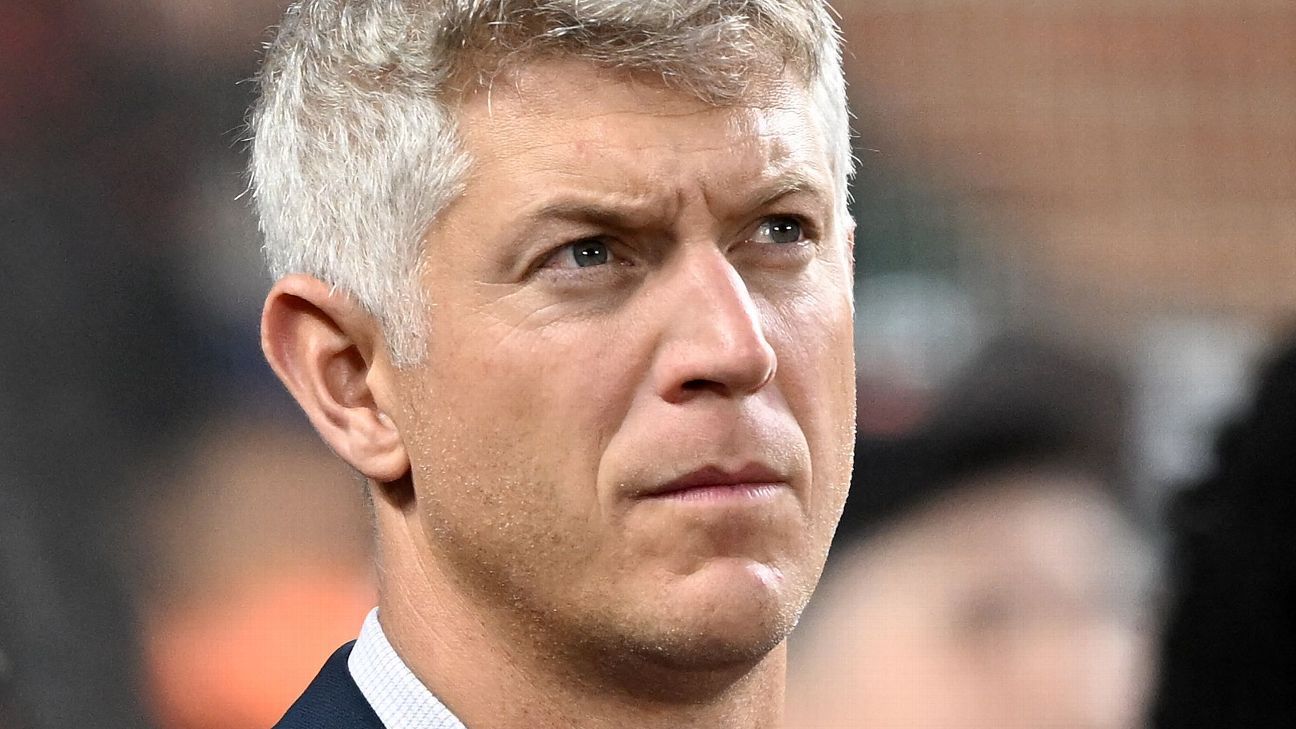BBC in the Spotlight: How Does the Broadcaster Cover Its Own Controversies?

The BBC, a cornerstone of British broadcasting, is rarely its own subject. However, recent events, particularly the Gary Lineker situation and its fallout, have forced the corporation to confront a tricky question: how does the BBC report on big stories about itself? This deep dive explores the BBC's approach to self-reporting, examining the challenges, potential biases, and the delicate balance between transparency and protecting its reputation.
The Gary Lineker Controversy: A Catalyst for Scrutiny
The recent dispute surrounding Gary Lineker’s comments on social media, and the subsequent suspension and eventual reinstatement, shone a harsh light on the BBC’s internal processes and its handling of impartiality. The speed with which the situation escalated and the public outcry that followed generated significant pressure on the broadcaster to address the matter openly.
Navigating the Tightrope: Challenges of Self-Reporting
Reporting on the BBC itself presents a unique set of challenges. Firstly, there’s the inherent conflict of interest. The BBC is an institution, an employer, and a public service broadcaster all rolled into one. Objectivity can be compromised when reporting on issues involving its own employees or policies. Secondly, there’s the risk of appearing defensive or attempting to downplay negative stories. Maintaining credibility with the audience is paramount, and any perception of bias can be severely damaging.
The BBC's Approach: A Multi-Layered Response
Historically, the BBC has employed several strategies when facing stories about itself. These often include:
- Delegation to Impartial News Teams: While the initial reporting may be handled by general news teams, significant stories often involve input from specialist journalists and editors who are trained to maintain impartiality.
- Referring to Internal Procedures: The BBC frequently highlights its internal guidelines and procedures, emphasizing its commitment to fairness and due process. This can be seen as a way to reassure audiences that the situation is being handled appropriately.
- Seeking External Perspectives: To counter potential accusations of bias, the BBC sometimes incorporates perspectives from outside experts, commentators, and even critics.
- Issuing Statements: Official statements from the BBC’s leadership are common, providing a formal response to the allegations and outlining the corporation’s position.
The Lineker Case: A Test of the System
The Gary Lineker affair put these strategies to the test. The BBC initially faced criticism for a perceived slow response and a lack of clarity in its communication. The subsequent investigation and eventual resolution were widely reported, but the handling of the situation continues to be debated. While the BBC attempted to demonstrate adherence to its impartiality guidelines, questions remain about the application of those guidelines and the potential impact on freedom of expression.
Future Considerations: Transparency and Accountability
The events surrounding Gary Lineker have underscored the need for the BBC to continually refine its approach to self-reporting. Greater transparency, a willingness to acknowledge mistakes, and a commitment to robust internal scrutiny are crucial for maintaining public trust. The BBC's ability to navigate these challenges will be vital to its continued success as a trusted and respected source of information in Australia and beyond.






